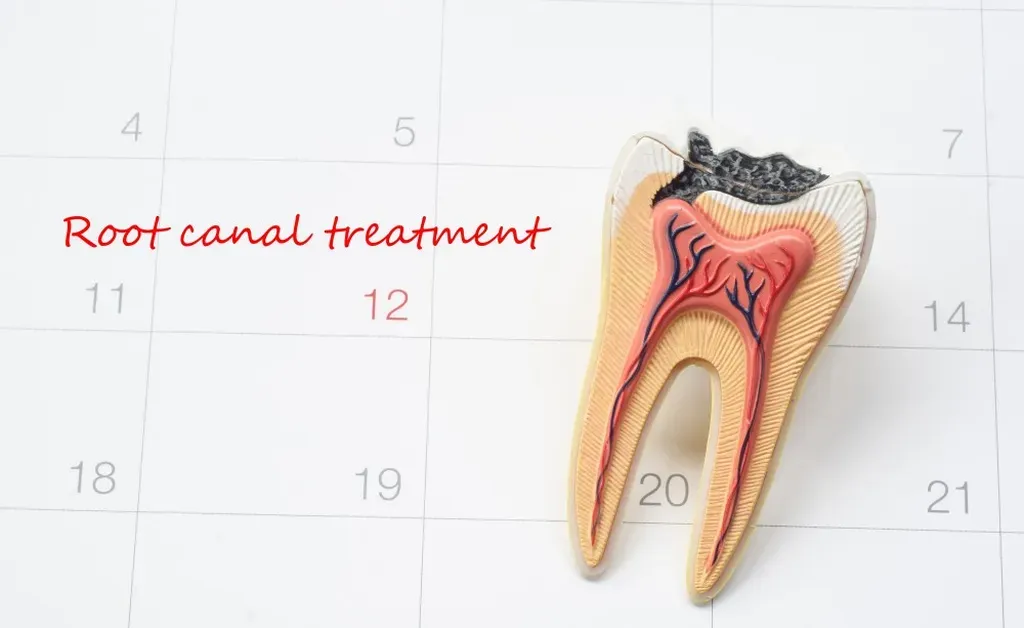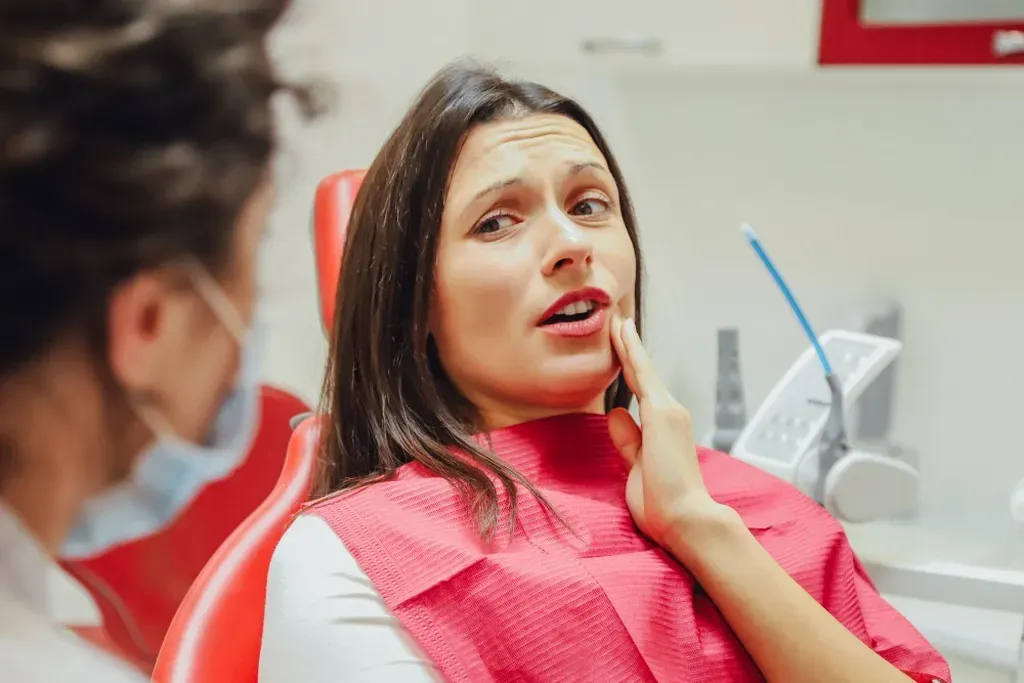In human history, there was a time when wisdom teeth were necessary to grind and smash uncooked food to chew and swallow properly. Today, many dentists remove wisdom teeth to prevent future problems. Read on to learn more.
About 85% of all Americans will get their wisdom teeth removed at some point.
But why? Will you have to get your wisdom teeth removed as well? In this blog, the highly experienced team of dentists at Mowry Dental in Fremont, California, explains wisdom teeth and why so many people have them removed.
Are wisdom teeth necessary?
First, let’s define wisdom teeth and their role in the mechanics of eating. Wisdom teeth are the four molars that emerge on each side of the lower and upper jaw to complete our set of permanent teeth.
That said, they are largely obsolete in the modern world. Wisdom teeth were needed when humans were gatherers and hunters without the aid of modern utensils. In those times, these flat teeth mashed and ground food, which typically consisted of leaves, roots, meat, and nuts, so humans could properly swallow their food.
Another important factor is that in the time of hunters and gatherers, the jaw size of humans was much larger than that of contemporary humans. Therefore, a complete set of 32 permanent teeth didn’t cause crowding problems.
Common reasons for removing wisdom teeth
There are three reasons we may recommend extracting your wisdom teeth, including the following:
- Complications with the teeth emerging (impacted teeth)
- Infection
- Resolving crowding issues
Impacted wisdom teeth
An impacted wisdom tooth can’t break through the gumline. Because most jaws aren’t large enough, these extra teeth often get trapped beneath the gums.
An estimated 90% of the general public experiences at least one impacted wisdom tooth. That means the tooth gets stuck and partially emerges (partially impacted) or remains under the gumline (fully impacted). In both cases, impacted teeth can cause bleeding gums, jaw inflammation, and jaw pain. Impacted wisdom teeth also put you at risk of infection.
Pericoronitis
Pericoronitis is an infection due to a partially impacted tooth. A wisdom tooth is particularly vulnerable to pericoronitis because, typically, there’s a flap of gum tissue covering the crown that attracts food debris and bacteria. Although pericoronitis can happen in the upper jaw, it most commonly occurs in the lower jaw.
Makes space for successful orthodontic treatment
For many people, wisdom tooth removal is a step of their orthodontic treatment plans. In this situation, our team removes wisdom teeth at the beginning or end of the treatment plan to prevent tooth shifting.
Tooth extraction explained
At Mowry Dental, we understand patients may be nervous about getting their wisdom teeth removed. We typically administer a local anesthetic to numb the area. IV sedation is also available. We may use general anesthesia for more complex wisdom teeth extraction procedures.
During the procedure, we administer the anesthetic and make an incision in your gums to gain access to the tooth. Next, we remove the tissue connecting the tooth to the jawbone before gently pulling the tooth.
If possible, we pull the entire tooth at once. However, sometimes, we need to cut the tooth into sections and remove them one at a time. We clean and sanitize the treatment area and stitch the incision during the final step. Lastly, we place gauze over the treatment site to control bleeding.
To learn more about wisdom tooth removal, contact Mowry Dental. Call us at 510-794-7900 or book an appointment online.




